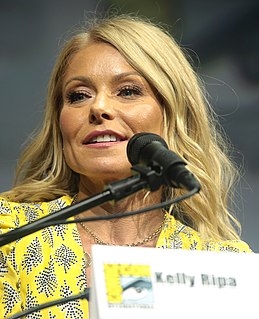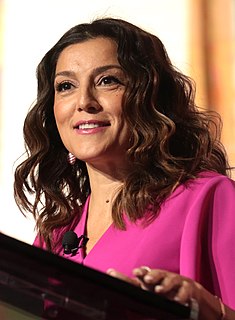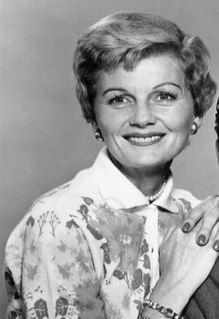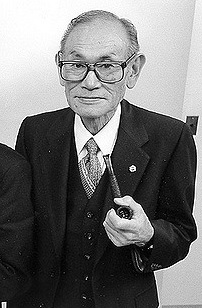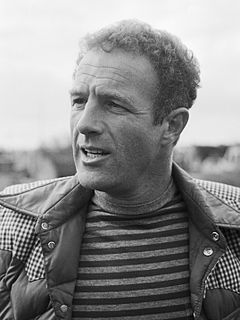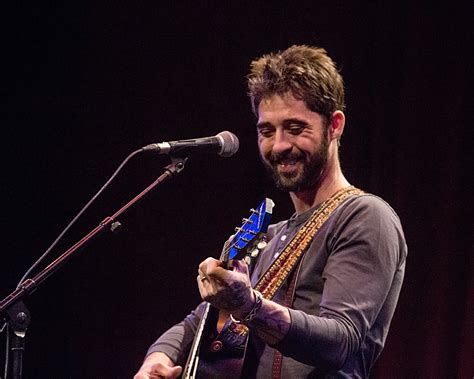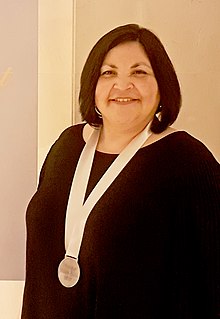A Quote by Kelly Ripa
My parents were like June and Ward Cleaver; there was nothing dysfunctional about them.
Related Quotes
Before the war, my parents were very proud people. They'd always talk about Japan and also about the samurai and things like that. Right after Pearl Harbor, they were just real quiet. They kept to themselves; they were afraid to talk about what could happen. I assume they knew that nothing good would come out of it.
'Dad, Dad, I'm getting married.' 'Sh-sh, don't say it. Nothing, nothing. Don't do anything.' So he honestly - 'cause he was taught don't celebrate - they'll take it away from you. And his parents were taught that, and his parents and parents' parents. Because if you did celebrate, and you were visible, it could be very, very dangerous.
My dad and mom were more like World War II-era parents, even though it was the 1960s, because they were both born in the '40s. They were young adults before the '60s even happened, and married, and already having kids. But by the time we were adolescents in the '70s, the whole culture was screaming at parents, "You're a good parent if you're open with your kids about sex." They attempted to be open with us about sex, and it made them want to die, and consequently, it made us want to die.
On June 22, 1793, Vancouver's Discovery and Chatham anchored in Klekane Inlet. Archibald Menzies, the ship's botanist, wrote that on the evening of June 28, they were visited by eight natives in two canoes who brought them two large salmon. This is the first known published encounter with the Haisla people.
